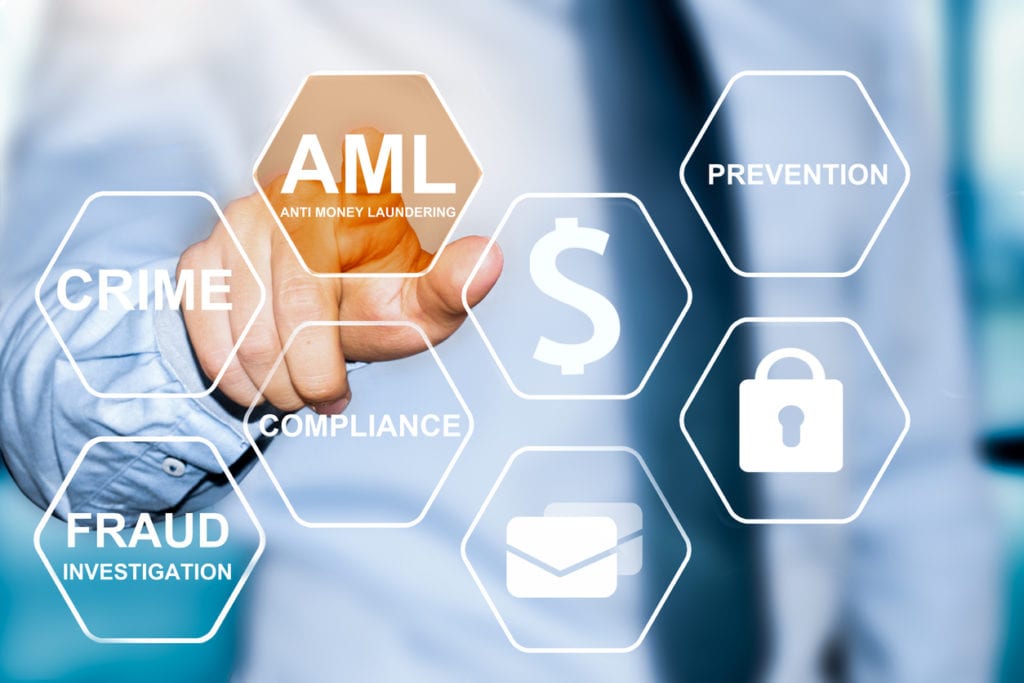
Mitigating the hazards that MSBs bring to your bank
We ensure that servicing MSBs doesn't put your bank at excessive risk and that you're not inadvertently facilitating financial crimes.
Federal regulators are dead serious about the compliance hazards associated with money service businesses (MSBs).
So are we.
Though including MSBs in your customer base can provide a steady source of fee income, such relationships also mean accepting greater risk and jumping through more regulatory hoops to make certain you're complying with BSA/AML requirements and protecting your bank from financial crimes.
When you service MSBs, you need an experienced, meticulous BSA/AML expert to ensure that such clients aren't endangering your bank.
We're that expert.
Providing guidance about MSBs, helping you adapt to new rules, and ensuring that you're not unwittingly enabling financial crimes through your MSB work are routine parts of our practice.
Our first order of business is thoroughly assessing your appetite for risk to determine whether you even want MSBs in your client mix.
We also conduct a comprehensive BSA/AML/OFAC risk assessment to be sure that your program can accommodate the greater exposure that an MSB brings to your doorstep and identify policy and procedural changes you may need to make.
Our exhaustive vetting process includes:
- Developing custom questions to identify an MSB's activities, services, and the geographic areas it serves.
- Understanding transaction volume, dollar amounts of transactions, and whether an MSB moves money domestically or internationally.
- Reviewing an MSB's history of compliance, its approach to adhering to BSA/AML requirements, and the employee training it has in place.
Based on our findings, we recommend the number and types of MSBs that are safe to do business with, the ones that fit your risk tolerance, and strategies for monitoring clients' risky behavior.
In addition, we consider the time and personnel you must commit to the oversight of each MSB and ways to adapt your systems and procedures to guard against crimes like money laundering and terrorist financing.
Working with MSBs is never a one-and-done, and we're by your side every step of the way.
TCA offers A Better Way for you to vet and manage your MSB clients, control your risk, and understand how to respond to changing regulations.
Key deliverables include:
- Performing enhanced due diligence, confirming that you're not doing business with MSBs involved with financial crimes.
- Establishing comprehensive onboarding procedures that give you a deep look at how a prospective MSB operates and whether it drastically ups your risk.
- Ensuring that you've taken appropriate steps to identify and prevent illicit activity.
- Developing a monitoring strategy to identify and respond to an MSB's questionable behavior.
- Keeping you updated on evolving threats associated with financial crimes and changing regulations.
Money Servicess Businesses
AML/CFT Transaction Monitoring – Importance of Tuning Your AMS Model
Regulators expect compliance with the standards established in the model risk management guidance (MRMG) (Federal Reserve SR Letter 11-7, OCC Bulletin 2011-12; FDIC FIL 22-2017) as well as the April 9, 2021, Interagency Statement on Model Risk Management for Bank Systems Supporting Bank Secrecy Act/Anti-Money Laundering Compliance. This guidance relates to systems or models used […]
TCA’s Top 5 BSA/AML Concerns
The Bank Secrecy Act/Anti-Money Laundering area of compliance is always evolving. As an example, we are currently transitioning the name of this specialized area of compliance from Bank Secrecy Act (BSA) to Anti-Money Laundering and Combating the Financing of Terrorism (AML/CFT) to coincide with the term’s examiners are now using within their documents and reports. […]
FinCEN Issues Final Rule for Beneficial Ownership Reporting
On September 29, 2022, FinCEN issued a final rule for Beneficial Ownership Reporting to support law enforcement efforts. The rule establishes timeframes for legal entities to report beneficial ownership information FinCEN as required by the Corporate Transparency Act (CTA). According to the publication, FinCEN will have rulemakings to: Establish rules for who may access the […]
How do I complete Part II (Amounts and Dates) on a continuing activity suspicious activity report (SAR) if the transaction took place on a single date? Do I include the investigation range from the previous filing?
Answer: The date field in Part II should only cover the date range of activity determined to be suspicious, not the investigation range. If transaction occurred on a single date, the “To” field is left blank. Describe the time period of the investigation in the narrative.
When dispositioning alerts from our automated BSA/AML monitoring system, how much information is enough?
Answer: TCA continues to see examiner scrutiny on alert resolution. When documenting a response to an alert, it does not need to be as in-depth as an investigation narrative; however, it must explain the who, what, where, when, why, and how. This creates continuity for other BSA staff, examiners, and auditors to understand how you […]
New Hemp-related Business Guidance
On June 29, 2020, FinCEN published FIN-2020-G001 providing guidance for obtaining due diligence information for hemp-related businesses. The BSA industry has wrestled with cannabis and its derivative rules since FinCEN’s initial 2014 guidance for banking marijuana-related businesses. Between 2014 and 2018, hemp was equated with marijuana since both are derived from the same plant. However, […]
- « Previous
- 1
- 2
- 3
- 4
- Next »










